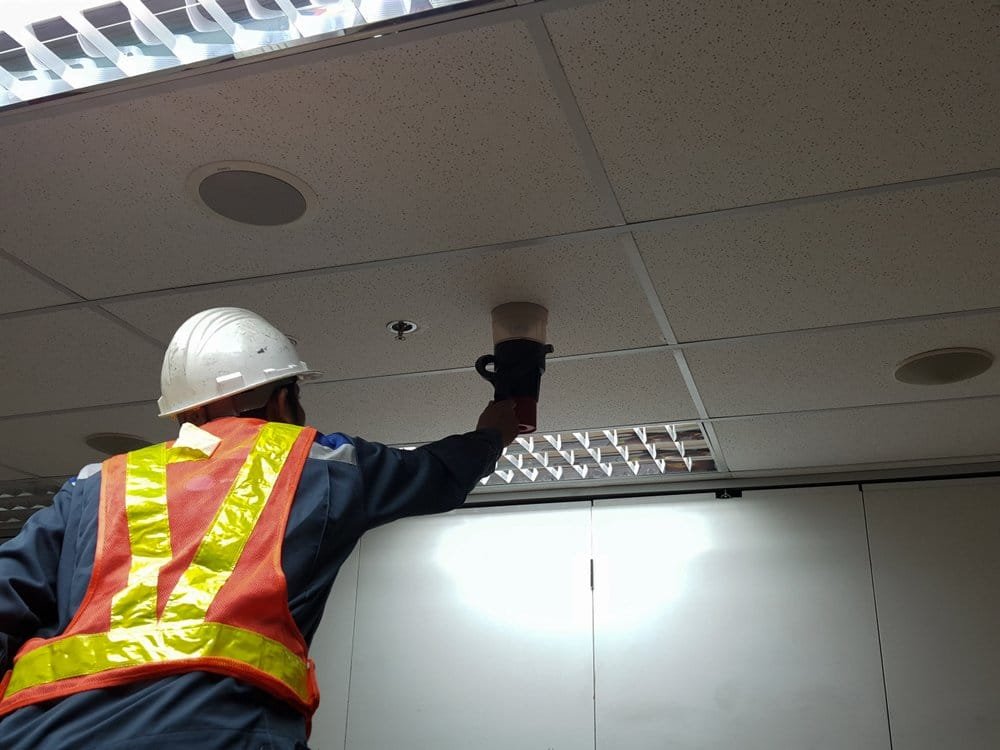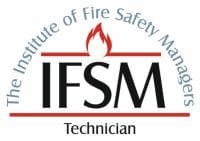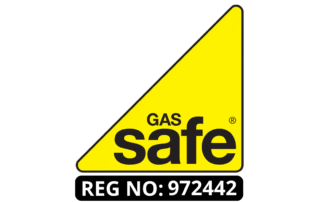
A Fire Safety Certificate (FSC) is vital for any commercial property owner or manager. It guarantees your property meets Fire Certificate regulations, minimizing hazards and protecting occupants. Without it, you could face legal issues and higher insurance costs. Understanding what an FSC entails and how to obtain one is essential for maintaining safety and compliance. So, what steps do you need to take to secure this important certification?
Table of Contents
Key Takeaways
- A Fire Safety Certificate (FSC) verifies that a property complies with fire safety regulations and standards.
- It is essential for commercial property owners to ensure the safety of occupants and minimize fire hazards.
- Obtaining an FSC involves conducting a fire risk assessment and maintaining safety equipment, as well as providing employee training.
- Non-compliance can result in legal penalties, increased liability, and insurance issues related to fire incidents.
- Holding a valid FSC enhances safety reputation and may lead to lower insurance premiums.
Understanding Fire Safety Certificates
When it comes to fire safety, many people mightn’t fully understand what a Fire Safety Certificate (FSC) entails.
An FSC is an important document that verifies a building’s compliance with Fire Certificate regulations. You’ll need one if you own or manage a commercial property, as it demonstrates that you’ve implemented necessary fire safety measures.
An FSC verifies compliance with fire safety regulations, essential for owners or managers of commercial properties.
Obtaining an FSC involves rigorous assessments, including inspections of fire alarms, emergency exits, and fire suppression systems.
It’s vital to keep your certificate up-to-date; expired Fire Certificate can lead to legal repercussions. Familiarizing yourself with the requirements and processes for obtaining an FSC not only protects your property but also guarantees the safety of occupants.
Understanding this certificate is key to mastering Fire Certificate compliance.
The Importance of Fire Safety Compliance
Ensuring Fire Certificate compliance is essential not only for the protection of your property but also for the safety of everyone who occupies it. Non-compliance can lead to severe consequences, including legal penalties and increased liability in case of an incident.
By adhering to fire safety regulations, you create a secure environment, minimizing risks associated with fire hazards. This compliance demonstrates your commitment to safety, enhancing your reputation and potentially lowering insurance premiums.

Regular inspections and updates to fire safety measures are crucial to maintaining compliance. Remember, it’s not just about meeting legal requirements; it’s about fostering a culture of safety that prioritizes the well-being of all individuals within your space.
Take fire safety seriously—your proactive measures can save lives.
Key Requirements for Obtaining a Fire Safety Certificate
To obtain a fire safety certificate, you must first meet specific requirements that demonstrate your compliance with Fire Certificate regulations.
These requirements typically include:
- Fire Risk Assessment: You need to conduct a thorough assessment to identify potential fire hazards and implement necessary safety measures.
- Safety Equipment Installation: Confirm that essential fire safety equipment, such as alarms, extinguishers, and sprinkler systems, are properly installed and maintained.
- Training and Drills: Provide fire safety training for employees and conduct regular fire drills to guarantee everyone understands emergency procedures.
The Process of Acquiring a Fire Safety Certificate
After meeting the key requirements for obtaining a fire safety certificate, you can begin the application process.
First, gather all necessary documentation, including building plans, safety equipment specifications, and any previous Fire Certificate assessments.
Next, submit your application to the relevant authority, making sure all forms are completed accurately. You may need to schedule an inspection, where a fire safety officer will evaluate your premises against established safety standards.
Be prepared to address any issues identified during the inspection promptly. Once your application is approved and any required modifications are made, you’ll receive your fire safety certificate.
Keep it updated by conducting regular inspections and renewing it as necessary to maintain compliance and guarantee ongoing safety.
Consequences of Not Having a Fire Safety Certificate
Failing to obtain a fire safety certificate can lead to serious consequences for property owners and tenants alike. Without this essential document, you expose yourself to various risks that can compromise safety and legality.
- Legal Penalties: You may face hefty fines or legal action from local authorities for non-compliance.
- Increased Liability: In the event of a fire, you could be held liable for damages or injuries, leading to costly lawsuits.
- Insurance Issues: Your insurance provider might deny claims related to fire incidents, leaving you financially vulnerable.
Ultimately, neglecting to secure a fire safety certificate undermines your commitment to safety and can have lasting repercussions on your property and finances.
Prioritizing this certification is vital for peace of mind.
Fire Safety Certificate Renewal and Maintenance
Maintaining a valid fire safety certificate isn’t just a one-time task; it requires regular renewal and diligent upkeep to guarantee ongoing compliance with safety regulations.
You’ll need to track the expiration date of your certificate and initiate the renewal process well in advance. This often involves scheduling inspections and making necessary updates to your fire safety systems.

Regular maintenance of fire alarms, extinguishers, and emergency exits is essential, as these components can directly affect your certificate’s validity.
Keep documentation of all inspections and repairs to demonstrate compliance during audits.
By managing these aspects proactively, you protect your property and secure the safety of occupants, ultimately minimizing risks associated with fire hazards.
Stay informed and organized to master fire safety compliance.
Frequently Asked Questions
Can a Fire Safety Certificate Be Transferred to a New Owner?
You can’t typically transfer a fire safety certificate to a new owner. Each property requires its own certification, ensuring compliance with current safety regulations. It’s essential for new owners to obtain their own certificate promptly.
How Long Does a Fire Safety Certificate Last?
A fire safety certificate typically lasts for five years, but local regulations can vary. It’s essential to check your area’s specific guidelines to guarantee compliance and maintain safety standards for your property.
What Types of Buildings Require a Fire Safety Certificate?
You’ll need a fire safety certificate for various buildings, including residential complexes, commercial properties, and industrial sites. Any structure housing people or hazardous materials typically requires this certification to guarantee safety and compliance with regulations.
Are There Exemptions for Obtaining a Fire Safety Certificate?
Yes, there are exemptions for obtaining a fire safety certificate. Certain small buildings or specific types of structures might not require one, but it’s essential to check local regulations to guarantee compliance with safety standards.
Who Conducts Fire Safety Inspections for Certification?
Fire safety inspections for certification are typically conducted by certified professionals, such as fire marshals or safety inspectors. They evaluate compliance with fire regulations, ensuring your property meets necessary safety standards to protect occupants and assets.
Conclusion
In conclusion, a Fire Safety Certificate is essential for guaranteeing your property meets fire safety regulations and protects everyone inside. By obtaining an FSC, you not only reduce legal liabilities and potential fines but also enhance your property’s reputation and possibly lower insurance costs. Remember to maintain and renew your certificate regularly to stay compliant and guarantee ongoing safety. Prioritizing fire safety is a responsibility that benefits both you and your occupants.








